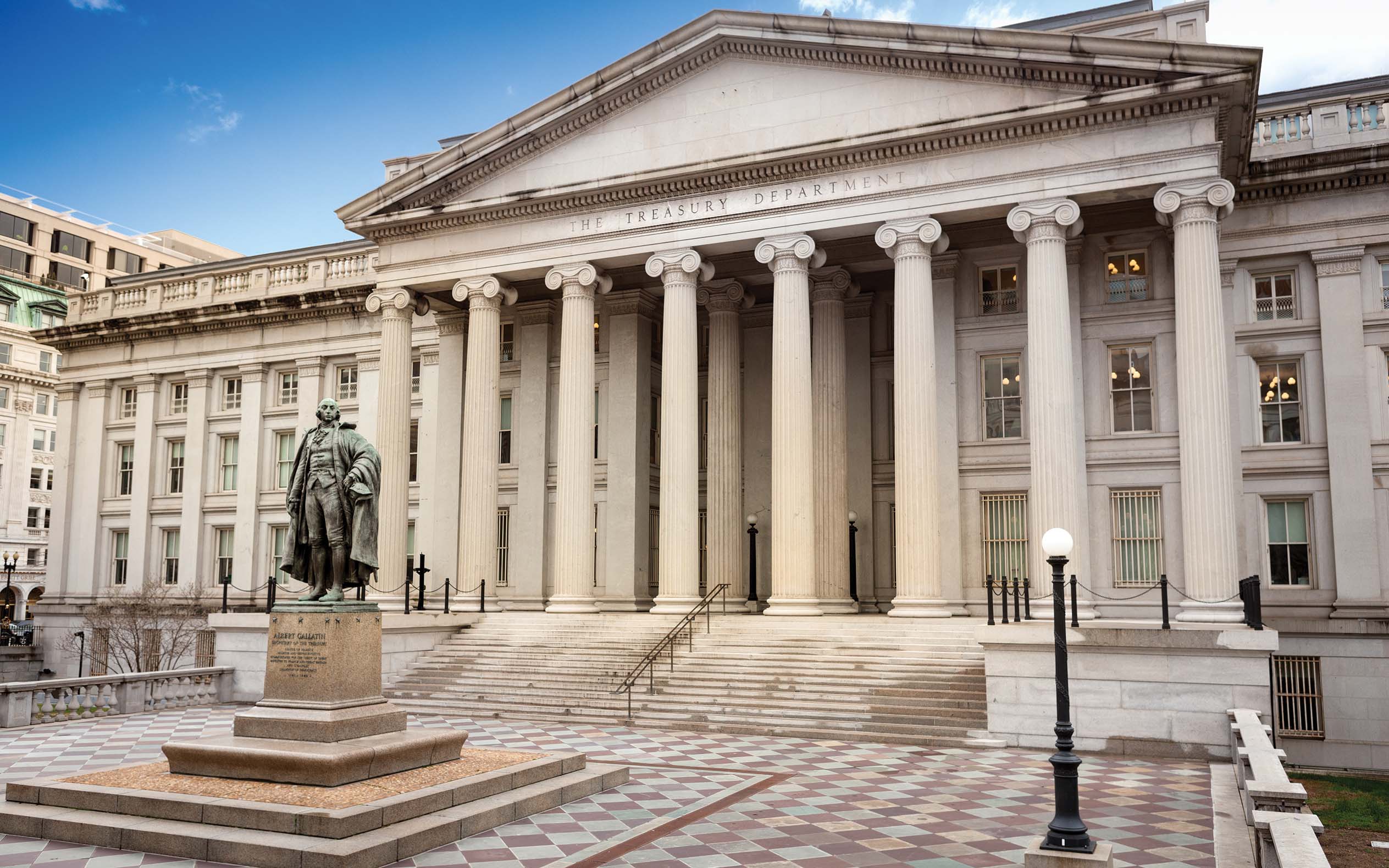Customer-owned mutual banks offer a community-focused banking model.
Mickey Marshall: Mutual Banks Are Mutually Beneficial
0825 Banks 2k
August 01, 2025 / By Mickey Marshall
Customer-owned mutual banks offer a community-focused banking model.
Community banks distinguish themselves from larger institutions through their commitment to local communities, and mutual savings banks exemplify this local focus by the nature of their charter: They are owned by their depositors.
With mutual banks operating without capital stock or stockholders, ICBA advocates to ensure mutual institutions are equally represented and accorded parity in all respects with other charter forms.
History of the mutual charter
The first mutual charter, issued to the Provident Institution for Savings in the Town of Boston, was created in 1816. At that time, most commercial banks avoided retail business, and mutual banks came to be known as a place for the small saver to earn interest on deposits.
By the early 20th century, mutual institutions became the cornerstone of retail banking in New England. In 1914, the region had 650 mutual banks—versus just nine commercial banks—and accounted for 80% of the region’s deposits. The mutual charter expanded nationwide, generally driven by the philanthropic impulse of public-spirited individuals who contributed startup capital and served as trustees of the bank to meet what they saw as an unmet need for savers. Today, there are 494 mutual banks located in 45 states, with over $400 billion in combined assets.
Traditionally, mutual savings banks focused on investing primarily in government bonds and home mortgages to provide a stable, consistent return for their depositor-owners. Today, mutual banks provide a full range of business and farm loans that customers expect from their local community bank. Broadening their expertise to small business and agriculture lending has allowed mutual banks to meet the full range of their communities’ needs while still maintaining a rate of failure lower than the industry as a whole.
Unlike credit unions, mutual banks are not exempt from federal taxes. Beginning in 1951, Congress removed the tax exemption due to the fact that mutual banks directly competed with taxpaying banks. A Senate report concluded that mutuals should be taxed because “mutual savings banks are in active competition with commercial banks and life insurance companies for the public savings, and they compete with many types of taxable institutions in the security and real estate markets.” If only Congress were so logical today.
The continued relevance of mutual banks
Despite the growth and success of mutuals in the 19th century, relatively few mutual banks were formed in the 20th century. Commercial banks increasingly began to focus on retail banking and, after mutual banks lost their tax-exempt status, they faced increased competition from credit unions. Until 2022, no new mutual banks had formed in the United States since 1962.
That changed with the formation of Walden Mutual Bank in New Hampshire three years ago. Founded to meet what it saw as an unmet need to lend to food and agriculture businesses in New England, Walden Mutual was able to raise $24.4 million from 250 local investors using special deposit shares, a type of mutual capital certificate, which is a unique perpetual capital instrument that allows mutual banks to raise money without compromising their mutual structure and governance.
Mutual capital certificates offer an underutilized solution to the high capital requirements that have dramatically reduced de novo bank formation since the 2008 financial crisis. Mutual capital certificates allow de novo mutual banks to raise patient capital from the local community because investors can be paid back over time, without the need to sell the bank for investors to realize a return, potentially opening a door to a resurgence in mutual de novo formation.
Quick Stat
$24.4M
The amount of capital that Walden Mutual Bank, a de novo in New Hampshire, raised from 250 local investors using special deposit shares
Supporting mutuals in the nation’s capital
While the mutual charter might by a source of potential for new bank formation, ICBA continues to advocate on behalf of mutual banks. For instance, ICBA supports authorizing mutuals to issue capital instruments that would qualify as common equity tier 1 capital, which would provide a new capital option to help mutuals continue to serve their communities.
Further, ICBA opposes any legislative or regulatory action to pressure mutual institutions to convert to stock form and supports the right of mutual institutions to refuse funds offered for deposit by people outside their communities. And as depositor-owned institutions that pay their taxes, ICBA believes Congress should provide a path for credit unions to convert to mutual institutions in a straightforward manner without regulatory or other barriers.
Community banks in general, and mutual banks in particular, remain relevant in the modern banking landscape because they are the most efficient way for depositors to passively reinvest their hard-earned dollars into the success of local businesses and families. As a result, ICBA will continue working to ensure policymakers recognize the benefits of mutual banks and to aid in their formation.
Subscribe now
Sign up for the Independent Banker newsletter to receive twice-monthly emails about new issues and must-read content you might have missed.
Sponsored Content
Featured Webinars
Join ICBA Community
Interested in discussing this and other topics? Network with and learn from your peers with the app designed for community bankers.
Subscribe Today
Sign up for Independent Banker eNews to receive twice-monthly emails that alert you when a new issue drops and highlight must-read content you might have missed.
News Watch Today

Join the Conversation with ICBA Community
ICBA Community is an online platform led by community bankers to foster connections, collaborations, and discussions on industry news, best practices, and regulations, while promoting networking, mentorship, and member feedback to guide future initiatives.












